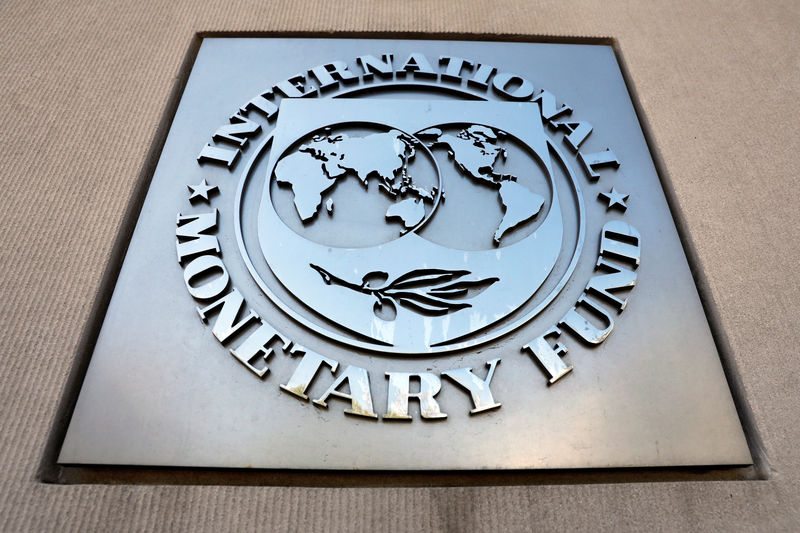 © Reuters. International Monetary Fund logo is seen outside the headquarters building
© Reuters. International Monetary Fund logo is seen outside the headquarters buildingLUSAKA (Reuters) – The International Monetary Fund (IMF) said its discussions with Zambia over an aid programme are still on hold because the nation’s borrowing plans remain unsustainable.
In February the fund rejected Zambia’s borrowing plans, saying they risked making it harder for the southern African country to sustain its debt load.
“There are no discussions on a possible Fund-supported programme given that the authorities’ borrowings plans compromise the country’s debt sustainability, and undermine its macroeconomic stability,” an IMF spokesman told Reuters.
Zambia has raised its 2018 forecast for the country’s fiscal deficit to 7.8 percent of gross domestic product from an initial estimate of 6.1 percent.
The nation’s central bank said on Wednesday that containing the fiscal deficit within programmed levels remained a challenge and external debt posed additional challenges.
Zambia, with an external debt of $8.7 billion, said in December last year that it would begin refinancing Eurobonds worth a total $3 billion in 2019 to reduce the cost of debt servicing.
Zambia’s Finance Ministry said in a statement late on Friday that an IMF staff mission would be visiting in the third quarter for consultations to assess the nation’s economy.
The government was taking measures to strengthen the implementation of its medium term debt management strategy, it said.
“The prior actions required to facilitate the recommencement of discussions for an IMF Supported Programme are duly being attended,” the statement said.
Zambia wants a $1.3 billion loan from the IMF but the chance of a deal depends on how Africa’s second-largest producer reconciles its debt management plans.
Fusion Media or anyone involved with Fusion Media will not accept any liability for loss or damage as a result of reliance on the information including data, quotes, charts and buy/sell signals contained within this website. Please be fully informed regarding the risks and costs associated with trading the financial markets, it is one of the riskiest investment forms possible.
Source: Investing.com




























